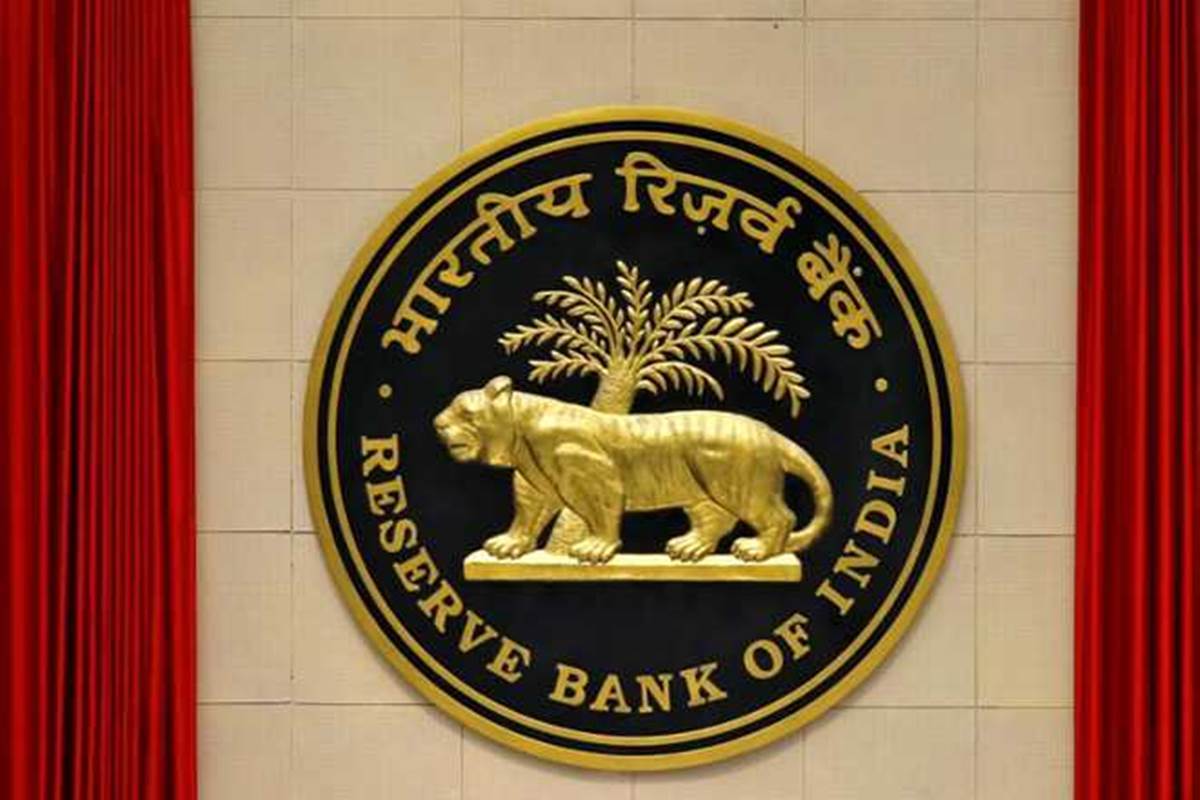Auctions of retail loans are on a sharp rise at a level never seen before in India as non-banking financial companies (NBFCs) and banks seek to get rid of their soured assets in an economy which is badly mauled by two waves of the coronavirus pandemic.
According to industry estimates, over Rs 2,500 crore of retail loans have been put up for sale in the fiscal second quarter ended September 2021. While HDFC Bank is showcasing about Rs 460 crore worth of unsecured credit and auto loan, Federal Bank is bringing in Rs 900 crore of bad loans for sale. SBI Cards and Payment Services, the credit card arm of the State Bank of India, is trying to sell Rs 200 crore during the quarter after selling a similar quantum in the first quarter. ICICI Bank’s housing finance subsidiary is also in the market to sell loans. Among the NBFCs, L&T Finance is trying to offload its soured assets.
The assets in action are unsecured loans, personal loans and home loans, among others. The market is also seeing a wider pool of stressed assets being put on the block. Though public sector banks are largely absent from the market, Indian Overseas Bank created a flutter when it put out Rs 400 crore worth of education loans on sale.
Though IOB chief executive Pratha Pratim Sengupta declined to reveal the quantum of loans put on the block, he admitted that the bank is out in the market to sell a part of its education assets. “These are legacy loans that we have decided to get rid of. There is no new loan in the pool,” he said.
The stressed assets space is going through a market shift in the midst of job losses, salary cuts, rise in household debt, sluggish consumption and less appetite for corporate credit. The change is also happening at a time when the retail loan segment is growing and has overtaken corporate credit for the first time. As per RBI data, outstanding industrial credit stood at Rs 28.24 lakh crore as of July 30, 2021, while the retail loan book was a tad higher at Rs 28.58 lakh crore.
“We have never seen the retail loan segment go this way. In 2015-16, we have seen banks selling their corporate loans which had turned sour. This went on for two years and we sometimes saw the sale of loans where payments were not made for 60 days. The same is getting repeated in the retail loan segment today,” said RK Bansal, a veteran banker and now the managing director and chief executive of Edelweiss ARC.
The asset reconstruction companies (ARCs), which earlier had focus on corporate assets, are increasing their purchase of stressed retail loans while a few have even started being aggressively active to dominate this play. The retail and MSME (micro, small and medium enterprises) assets acquired by the ARCs rose to 44% in FY21 from just 5% in FY20 and 4% in FY19, as per Crisil data.
The players in the market are some banks and mainly the NBFCs, who lend to riskier assets and are finding collections difficult in the Covid period. Even SBI Card is at play and has sold Rs 200 crore in the fiscal first quarter ended June to Encore ARC, an asset reconstruction company which specialises in SME and retail loans. The nation’s only listed pure-play credit card issuer has put another Rs 200 crore up for sale in the second quarter, a source said.
Mahindra Finance chief executive Mahesh Iyer admits that the non-performing loans of NBFCs shot up after the outbreak of the coronavirus pandemic as the mobility of the recovery staff got impacted. But Mahindra Finance is not selling any loans to the ARCs. There are others like L&T Finance who are out in the market.
"We are doing the recovery ourselves. We also take the help of local recovery agents. The collection has already improved to the pre-Covid levels. Wherever there is difficulty in repayment, the company is extending the tenure and trying to handhold the customers," Iyer said.
While some banks are having a bag of soured retail loans to sell, most of the biggies have found room to restructure these advances with the hope that the economy will revive and the borrowers will be back in a position to repay. Canara Bank executive director A Manimekhalai is of the view that the loans which have aged are being put on the block. “Most of the public sector banks are not in the market. If there is stress, the retail loans are being restructured by the banks as the Reserve Bank of India’s (RBI’s) Covid special window is open until the end of September. It is mainly the NBFCs and the weaker private banks who are selling,” she said.
Canara Bank, which has a largely stable asset quality, has restructured loans worth Rs 13,234 crore under the Covid-2 scheme in the June quarter, of which Rs 7,610 crore is retail. The bank’s gross non-performing assets (NPA) stood at 8.50% and net NPA at 3.46%. “We have very low NPAs. It is not a worry for us,” Manimekhalai said.
State Bank of India (SBI) is also not out to sell its retail loans. The country’s largest lender reported fresh slippages of Rs 15,666 crore in the quarter ended June 30, primarily from small and medium enterprise (SME) and home loans. The slippages included Rs 5,268 crore of retail loans and Rs 6,416 crore from SME. But the bank also saw decent recoveries from home and personal loans.
SBI managing director in charge of retail assets Sreenivalsu Setty said 60% of the bank’s retail loans are to the government employees who are insulated from salary cuts and job losses. Even in the unsecured personal loans, the profile of customers is good and the portfolio is stable.
“There is certainly some stress in the MSME (micro, small and medium enterprises) segment, but banks may not rush to sell it to the ARCs. NBFCs in the market may not be wanting to continue with certain portfolios. Some smaller private banks may also be in the market, but it will be for balance sheet management,” Setty said.
In the first cycle, the bigger banks may have been able to stay outside the ring of retail loan sellers. But if the economy takes longer to rebound and loan delinquencies rise, we could see a second cycle marking the entry of the bigger banks. The retail loan stress may need to find an outlet if the RBI does not extend the restructuring window.
“The stress cannot be wished away,” says Pallav Mohapatra, former chief executive of Central Bank and now head of Asset Reconstruction Co India Ltd (Arcil).
“If the money in the hands of the people has dried out, how will banks and NBFCs improve repayment efficiencies? We are all in the same ecosystem. No one can be completely insulated. There may be a good bank and a bad bank but all will have some amount of stress,” Mohapatra adds.
The stress on retail loans is spread across banks. In case of ICICI Bank, the country’s second-largest lender, fresh slippages from the retail segment accounted for Rs 6,773 crore out of a total of Rs 7,231 crore for the quarter ended June 30, 2021. Axis Bank reported net slippages of Rs 3,741 crore for the retail book, which is about 94% of the slippages for the June quarter. The gross slippage for retail stood at 83% of the total, or around Rs 5,400 crore.
Among the big private sector banks, HDFC Bank is in the market selling retail loans. Having a large unsecured book, the country’s largest private sector lender is out to sell personal loans, credit card outstanding and vehicle loans. But the bank’s gross NPA is still very low at 1.47% of gross advances while net NPA is at 0.48%. It has restructured Rs 7,800 crore of loans in the quarter ended June 30, out of which Rs 5,457 crore is from the retail segment.
The other private banks seen showcasing their retail loans to the ARCs include IndusInd Bank and Federal Bank. RBL also uses it as a strategy to get rid of the bad loans but the quantum is low. The Mumbai-headquartered bank sold Rs 300 crore of retail loans last fiscal and is looking to dispose of the same amount in the current financial year, a source said.
Recovery challenges in certain pockets are becoming a big reason for NBFCs and banks to put their retail stressed assets up for sale. Said Phoenix ARC chief executive officer Sanjay Tibrewala, “Housing loans, vehicle loans, personal loans and credit card dues are all getting bundled and sold to the ARCs. We at Phoenix also buy retail loans but the quantity is very small.” Phoenix ARC, promoted by the Kotak group, is India’s fourth-largest asset reconstruction company.
Handing over the retail loans to an ARC can sometimes create problems at the customer end. In one case, customers objected to the ARC’s recovery tactics and protested stating that they had taken the loan from a bank. Put under pressure, the bank had to take back the loans which it had sold to the ARC.
Some ARCs like Encore are keen to grab the opportunity the retail stressed assets space is throwing up. In FY22, the retail bad loan market is expected to grow by 40%. Backed by the US-based parent Encore Capital Group, the Indian entity is planning to scale up by acquiring retail assets.
“The RBI’s special restructuring window comes to an end on September 30 but the economy is still not back on track and quite a few pockets of stress are lying around. In the last three to four quarters, we have seen quite a few mortgage portfolios, primarily on the affordable housing segment, where Covid-induced stress has been building up. A major part of the housing loans are being sold by the NBFCs and HFCs (housing finance companies). So we feel bullish about the growth of the retail delinquencies in the market,” said Encore ARC chief operating officer Abhishek Maheshwari.
Covid-19 is creating a lot of disruptions and even the unsecured market, which was thin a year back, is seeing extreme stress. Portfolios in these segments have also started coming into the market.
“Retail assets, which are not legacy loans but NPAs of just 1-3 years, are coming up for sale. On the unsecured side, credit card loans, car loans and personal loans are seeing an uptick. We intend to grab a good space for ourselves. In the second quarter, we are sitting on a healthy portfolio of retails accounts,” said Abhishek.
Building a large retail pipeline will, however, take time. Besides, banks will be reluctant to park a large pool of retail assets for the ARCs to pick up as it is a last-mile link to the customer. They would prefer to do the recoveries of soured retail loans themselves.
As part of the recovery exercise, banks and NBFCs issue sale notices in case borrowers fail to repay. With delinquencies in home loans on the rise, such auction notices have increased. Axis Bank, for instance, published demand notices on 18 August against 30 mortgage defaulters. Other lenders who have put out notices recently include IDBI Bank, Union Bank of India, IIFL Home Finance, Tata Capital Housing Finance, Muthoot Housing Finance and Manappuram Home Finance, among others.
“The profile of the ARCs’ assets will not change so easily because we need to buy a large quantum of retail loans,” sums up Bansal.







-5412x3613.jpg)
